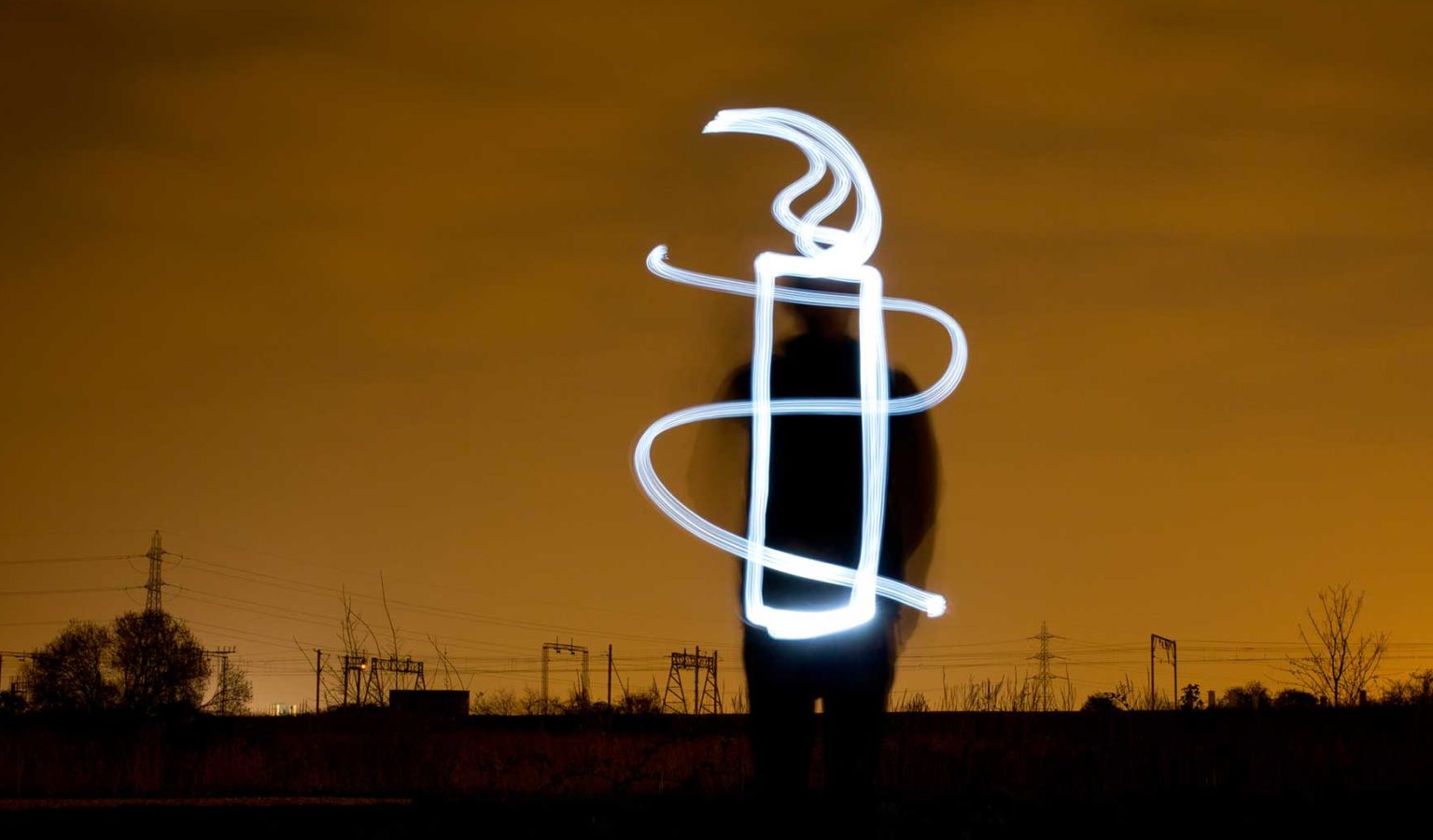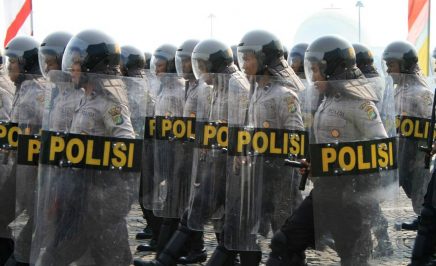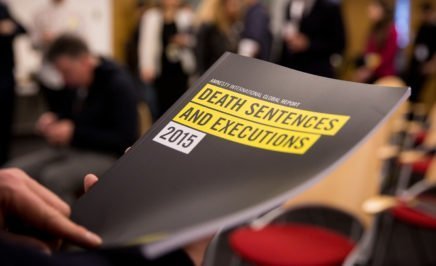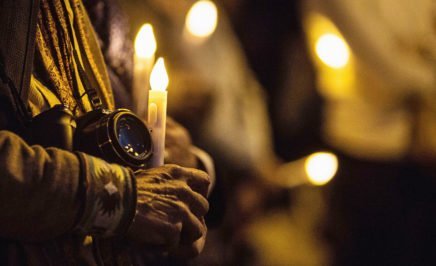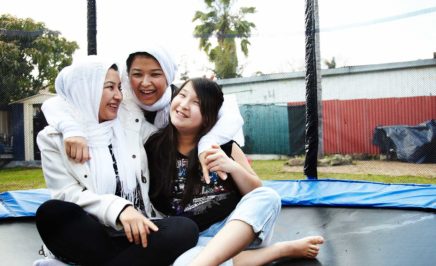Amnesty International is deeply concerned about reports that the Indonesian security forces are disrupting public events and closed-door discussions about the Communist purge of 1965, in which 500,000 to one million people were unlawfully killed and hundreds of thousands held without trial
According to local human rights organisations, there have been at least 39 cases since 2015 where authorities disbanded events related to 1965 and intimidated those involved. Most recently, on 1 August 2017 local police and military from East Jakarta disbanded a workshop about the findings of the International People’s Tribunal (IPT) 1965, a civil society initiative to raise international awareness about the 1965 mass human rights violations.
“These actions are a clear violation of the rights to freedom of expression and peaceful assembly. President Joko Widodo must immediately end all forms of restrictions against public discussions in relation to the events of 1965 and ensure that the government starts listening to victims and others, instead of suppressing their voices,” said Amnesty International Australia’s Crisis Campaigns Coordinator Diana Sayed.
This restriction to freedom of expression and peaceful assembly in relation to the events of 1965 is at odds with initiatives by President Widodo himself, who has pledged to address all past human rights violations and abuses in the country, including those of 1965.
This restriction to freedom of expression and peaceful assembly in relation to the events of 1965 is at odds with initiatives by President Widodo himself, who has pledged to address all past human rights violations and abuses in the country, including those of 1965. In April 2016 the government organised a symposium ‘Examining the 1965 Tragedy: A Historical Approach’ (Membedah Tragedi 1965: Pendekatan Kesejarahan), which brought together survivors, scholars, human-rights activists, artists, former members of the Indonesian military and government officials to discuss the events of 1965. One of the key recommendations from the symposium was for the authorities to end all forms of restrictions to freedom of expression and assembly in relation to any public discussions related to the 1965 mass human rights violations.
“Amnesty International believes that the victims of the 1965 violations and the families have the right to peacefully assemble to discuss and exchange information and ideas about the past. Instead of blocking this event, the authorities should seek ways to support these initiatives to ensure truth, justice and adequate and effective reparations, in accordance with Indonesia’s international obligations,” said Diana Sayed.
In Ambon (Maluku) on 18 March 2017, organisers were forced to move a discussion to a church following intimidation by the police. Intimidation by the security forces also occurred in Bandung and Cirebon (West Java), Semarang (Central Java), Surabaya (East Java) and Yogyakarta at events related to the IPT between March and July 2017. In many cases, vigilante groups were also involved in disbanding events.
Background
In 1965, the Indonesian military launched a systematic attack against members of the Indonesian Communist Party (PKI) and suspected sympathisers, during which an estimated 500,000 to one million people were unlawfully killed and hundreds of thousands were held without trial for periods ranging from a few days to more than 14 years.
Investigations by the Indonesian National Human Rights Commission (Komnas HAM) and other human rights organisations have documented a range of human rights violations during this period including unlawful killings, torture, enforced disappearances, rape, sexual slavery and other crimes of sexual violence, slavery, arbitrary arrest and detention, forced displacement and forced labour. Many victims and their families also faced violations of their social, economic and cultural rights, and continue to this day to experience discrimination both in law and in practice.
A three-year investigation by Komnas HAM, completed in July 2012, concluded that the findings meet the criteria of gross human rights violations, and include crimes against humanity, as defined by the Indonesian Law No. 26/2000 on Human Rights Courts. To date, however, there has been no indication that the government will even launch a criminal investigation. Meanwhile, attempts to establish a truth commission on the national level have stalled due to a lack of political will.
Although Indonesia has seen a marked increase in the space for freedom of expression following the fall of Suharto in 1998, a culture of silence has prevailed in regard to discussing the 1965 mass human rights violations.
